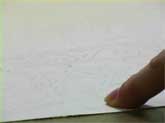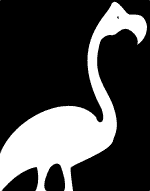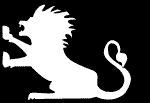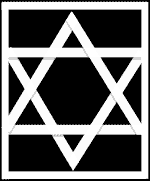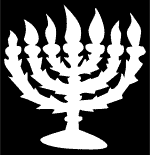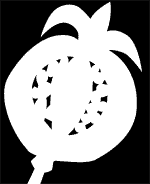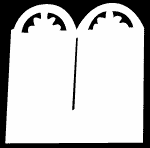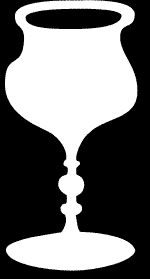 Videos:
Videos:
Quick Jewish Symbolism History Lesson:
Judaism forbids the making of images of God. Therefore, many images were discouraged and their use avoided for a long period of time. Despite this prohibition, images have been used on items of religious importance such as the Torah and other parts of the Tanakh (Hebrew Bible), and decorations hung on the eastern wall to indicate the direction of prayers.
The ketubot (plural of ketubah or marriage contract) of different geographical regions varied in the images with which they were decorated. Some of the most prevalent images used on ketubot around the world are flowers, Zodiac symbols, family coats of arms, Biblical scenes, crowns, vases, cypress trees and date palms, and the national emblems of countries such as Persia.
Eileen’s ketubot combine frequently-used Judaic symbols (pomegranate, Jerusalem, etc.) with others that are more personal (flamingo). Some of the more common images used in Eileen’s ketubot are:
Hint: Hover Over The Paper Cuts
Doves: The dove is a symbol of peace, purity, love, tenderness, and hope. Its gentleness and grace are used as a simile for female beauty and tenderness. As a result of its faithfulness to its mate it is also a symbol of marital fidelity and devotion.
Flamingo: The flamingo is one of the personal symbols that Eileen uses in her art work. She used this symbol on a ketubah that she made for a couple who were both lawyers from Florida. On this ketubah there is an image of a flamingo holding scales of justice.
Jerusalem: Jerusalem was the capital of ancient Israel and later of the Kingdom of Judah. It is a Holy Place in Judaism because it was the site of the Temple. The name is associated with peace and is thought to be derived from the phrase “of peace.”
Lion: The lion is one of the most frequently mentioned animals in the Bible and symbolizes strength, courage, and majesty. Many Biblical figures such as Judah, Saul, Jonathan, and Israel are compared to the lion. In the Talmud (commentary on the Tanakh), the lion is the king of animals and symbolizes mental greatness.
Magen David (Star of David): The Magen David translates as the “Shield of David.” This six-pointed star was adopted as an image by the American Jewish Publication Society in 1873. Today this image is the one most identified with Judaism largely due to Nazi Germany forcing Jews to wear this emblem on their clothing as an identifying mark.
Menorah: The menorah (candlestick) of the Temple was seven-branched and represents the creation of the universe, and the seven continents of the earth and the seven heavens. Today the image of the menorah is usually eight-branched, in order to differentiate it from the menorah of the Temple, and is closely associated with the celebration of Chanukah.
Pomegranate: The pomegranate is a symbol of fertility, life, abundance, and generosity. It is said to contain 613 seeds, which is the number of mitzvot or commandments in the Torah.
Torah: The Torah is the name given to the first five books of the Jewish Bible (Genesis, Exodus, Leviticus, Numbers, and Deuteronomy). The word is often translated as law. However, it is more accurately associated with the word “doctrine.” The study of the Torah is one of the mitzvot, or commandments, given to the Jewish people.
Wine Glass/Chalice: One of the blessings said during the wedding ceremony is the blessing over the wine, a symbol of joy. During the wedding ceremony, the groom steps on a wine glass to break it, recalling the destruction of the Temple. The pieces are then gathered up by girls for good luck.
 Videos:
Videos:

